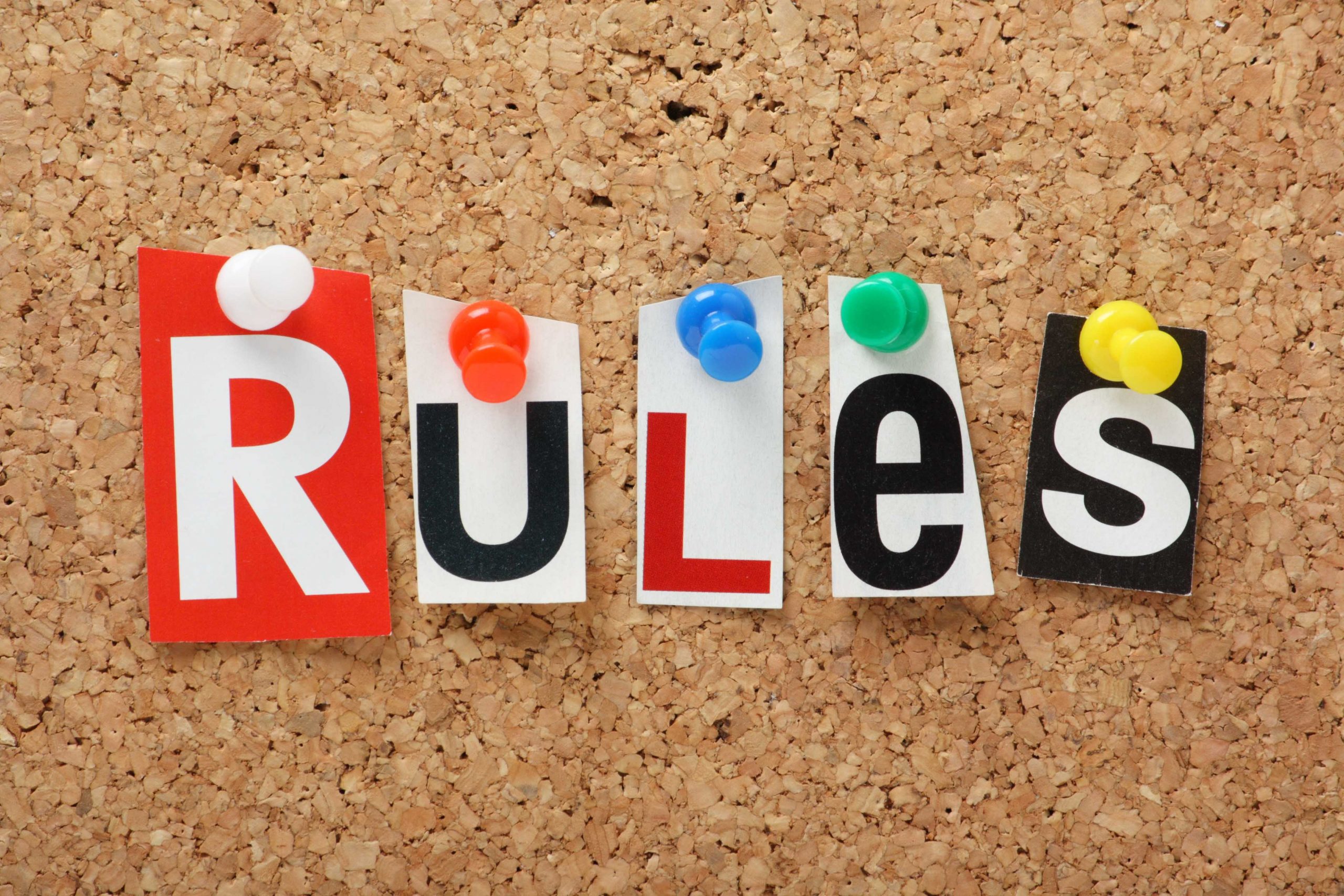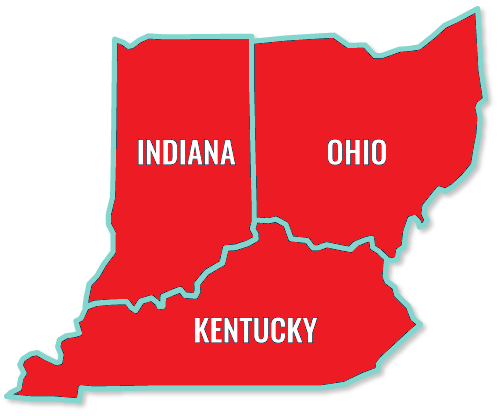Legal Compliance: What Rules HOAs Cannot Enforce
As HOA or COA board members, you’ll know how vital it is to maintain community standards—while also respecting homeowners’ rights. Below, Vertex Professional Group sheds light on what you legally can’t enforce, with clear guidance on solar panels, antennas, landscaping, and more.
1. HOA Rules vs. State & Federal Law
HOAs must comply with federal, state, and local laws, and cannot enforce internal rules that contradict higher authority. Any rule violating those statutes, including access to court or housing rights, is automatically unenforceable.
2. Solar Panels: Homeowner Rights Protected
Most states have solar access laws ensuring HOAs cannot ban solar panels outright—even if aesthetic or procedural guidelines are allowed, provided they don’t impair functionality, cost, or efficiency.
States differ in specifics, but nearly half prohibit outright bans. Instead, HOAs may request proposal submissions or impose reasonable aesthetic requirements.
3. Satellite Dishes & Over-the-Air Antennas (OTARD)
Thanks to the OTARD rule, HOAs cannot prohibit installation of satellite dishes (≤ 1m) or rooftop antennas, as long as they are placed properly and don’t unduly extend or block signals.
4. Landscaping: Xeriscaping & “Right to Dry”
In several states (e.g., Florida), HOAs cannot ban xeriscaping—landscaping focused on water conservation—even if it diverges from traditional lawns.
Similarly, clothesline bans are increasingly being challenged, with many states protecting homeowners’ “right to dry”.
5. Flags: What HOAs Can and Cannot Restrict
- U.S. Flag Display Protected by Federal Law
The Freedom to Display the American Flag Act (2005) prohibits HOAs from restricting homeowners from displaying the U.S. flag on their property - Reasonable Time, Place, and Manner Restrictions Allowed
While outright bans are illegal, HOAs can impose reasonable restrictions on factors like size, location, and safety, provided they serve a substantial interest and are clearly stated in governing documents. - State Protections for Additional Flags
Some states extend protections to other flags—such as state, military, or Native American flags. California law, for example, prohibits HOAs from banning foreign country flags and allows regulation of size, material, and flagpole design when rules remain reasonable. - Political & Religious Flags—Often Restricted
Flags not protected by law (e.g., political or religious flags) may be regulated or prohibited if allowed by the HOA’s governing documents. Such restrictions are more easily enforced unless discriminatory or applied selectively. - State-Specific Protections—Example: Florida
Florida law explicitly allows display of the American flag, Florida state flag, military branch flags, POW‑MIA flags, and flags supporting law enforcement or first responders—even if HOA rules try to prohibit them.
OAs must align with these regulations.
6. Discrimination & Fair Enforcement
Any rule or enforcement that discriminates against protected classes (race, religion, familial status, etc.) is illegal under the Fair Housing Act, even if those rules are in your governing documents.
Further, selective enforcement—applying rules inconsistently—can lead to legal issues under fair housing or contractual fairness principles.
7. Rulemaking Must Be Proper & Transparent
HOAs must follow the proper procedures for creating or modifying rules as outlined in the governing documents and state law. Rules enacted incorrectly—or without adequate notice, vote, or transparency—can be deemed unenforceable.
Why This Matters for HOA & COA Boards
- Build trust and reduce liability: Fair, lawful rules strengthen homeowner confidence and minimize legal risk.
- Stay compliant and flexible: Align policies with state-specific solar access, landscaping regulations, and proper procedures.
- Enhance harmony in your community: Respectful, fair rulemaking fosters neighborly cooperation.
How Vertex Professional Group Supports Your Board
At Vertex Professional Group, our expertise lies in guiding boards through policy creation and enforcement—always with legal compliance and homeowner protection at the forefront. From updating CC&Rs to developing elegant rule amendments, our services help you maintain community standards while respecting legal limits and evolving norms.
Legal Disclaimer
This content is provided for general informational purposes only and does not constitute advice. This does not establish any kind of relationship or engagement and should not replace advice from licensed professionals. Laws vary by jurisdiction and evolve over time. Board members should consult a qualified attorney in their jurisdiction for advice tailored to their specific situation.


